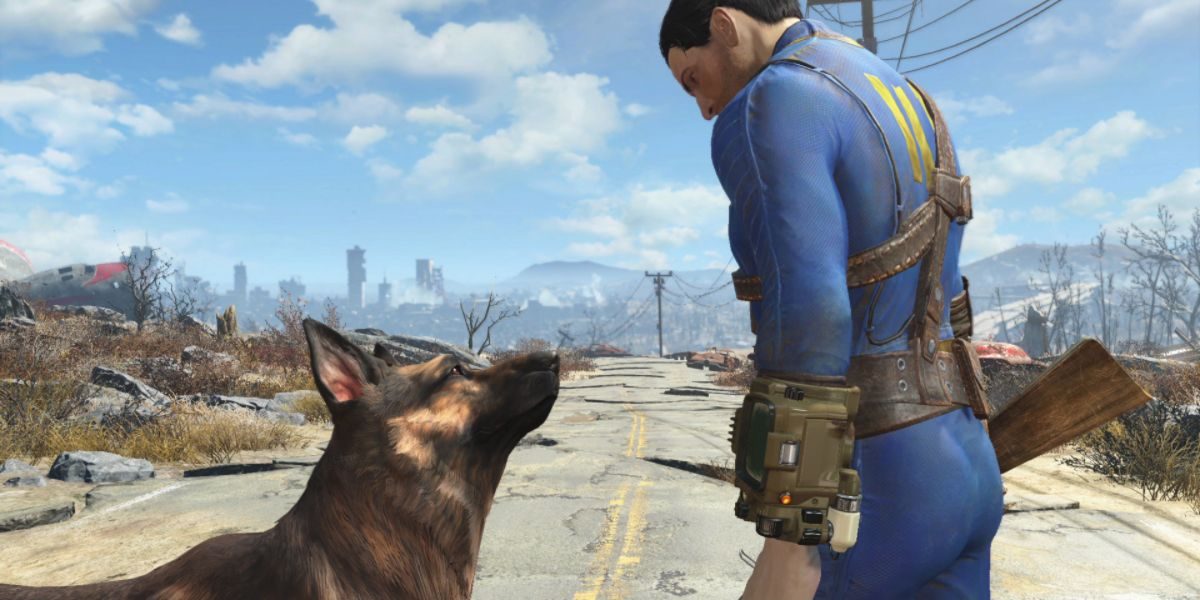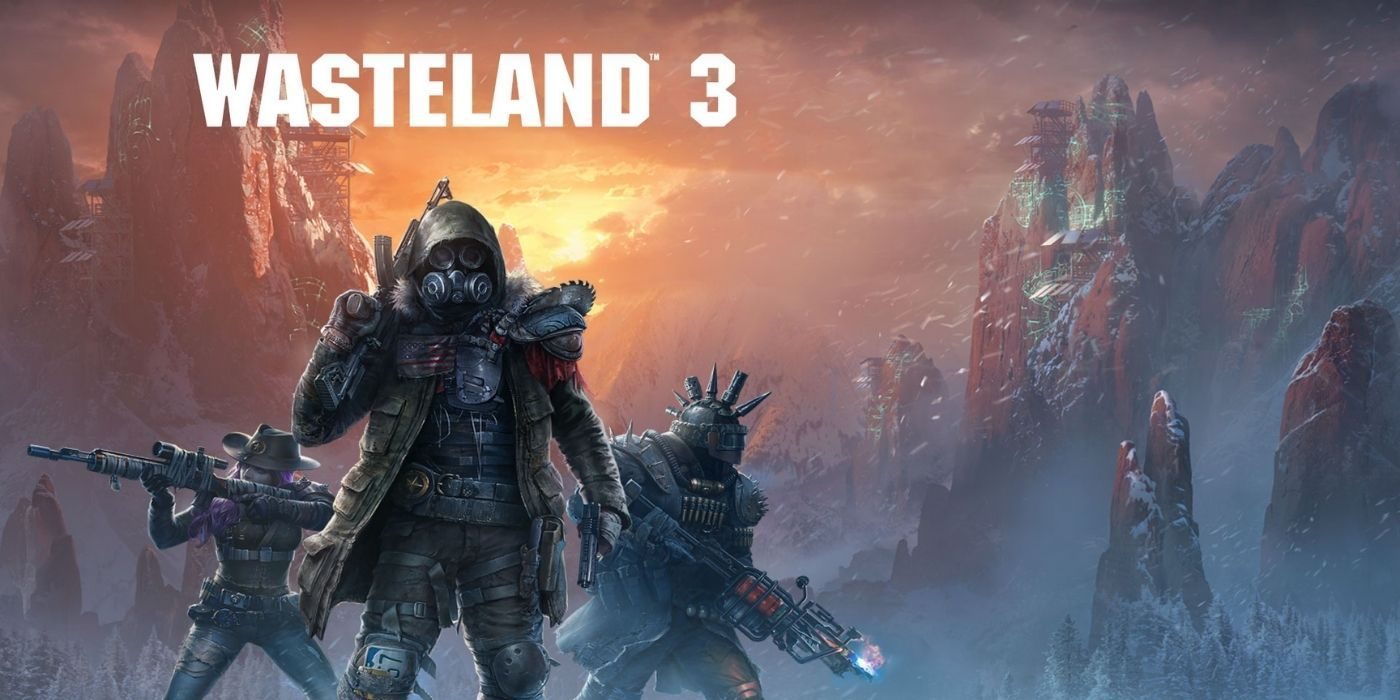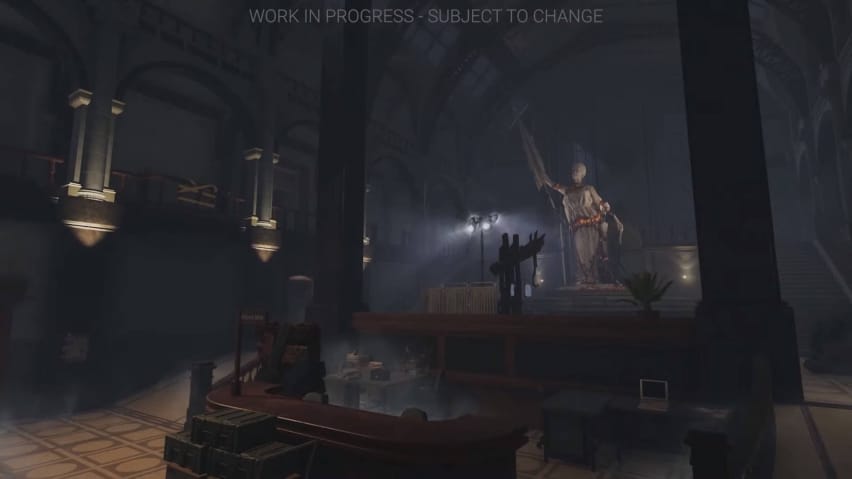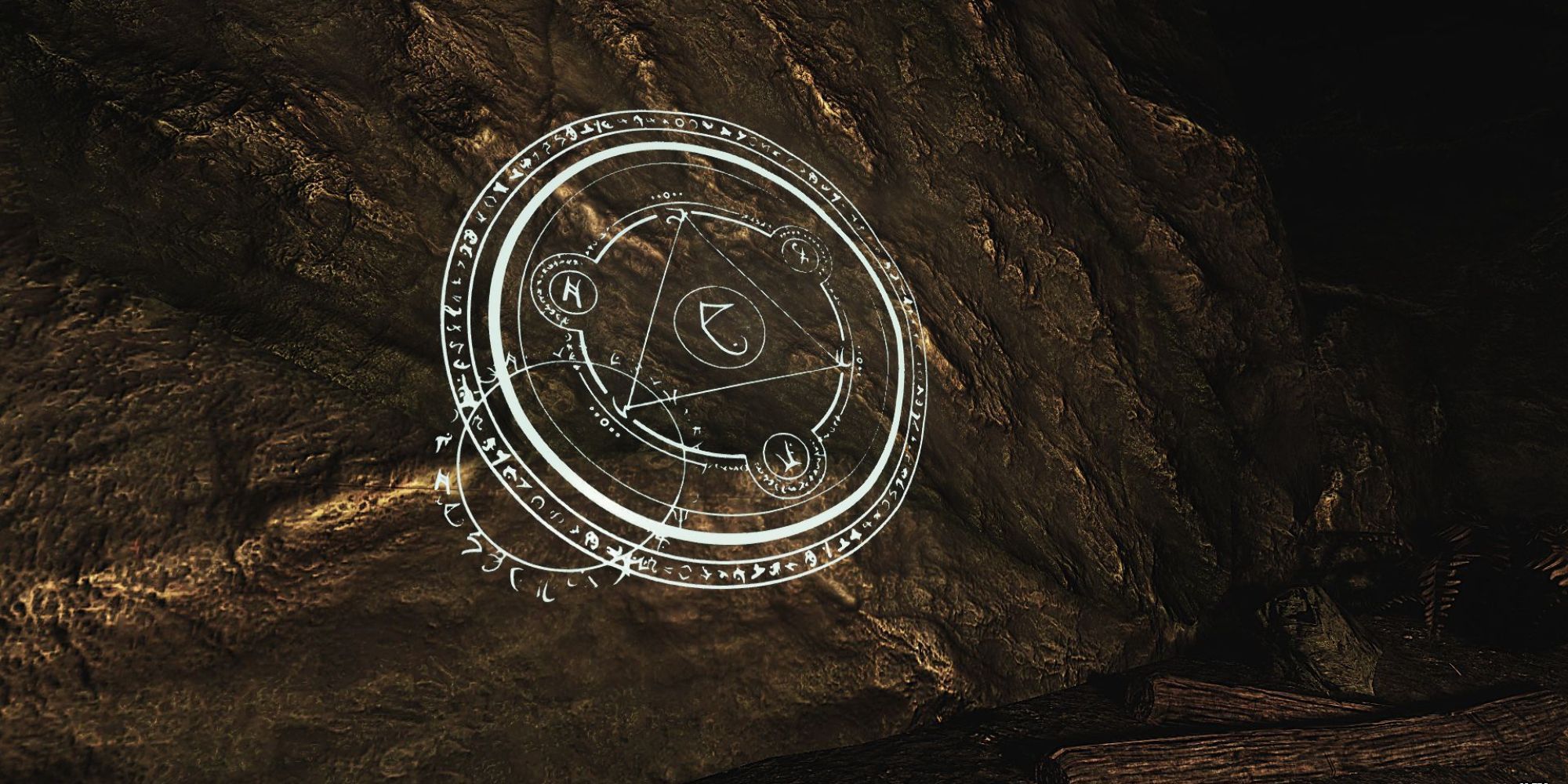The Fallout series has had its ups and downs over its long lifespan. Some fans were worried when Bethesda acquired the property and began developing a first-person game in the style of Oblivion, but many were also ultimately happy with the result. New Vegas is considered a classic, but Fallout 4 and Fallout 76 left much to be desired in the eyes of RPG traditionalists.
If Bethesda is going to revive a more traditional interest in Fallout and make it more than The Elder Scrolls’ apocalyptic cousin, it might be worth returning to the series’ roots. Here’s why now could finally be the right time for another isometric Fallout CRPG.
RELATED: Fallout: New Vegas Mods That Completely Change the Game
Fallout's History And Bethesda's Future

Despite Bethesda Game Studio’s two most recent open-world RPGs being Fallout 4 and Fallout 76, the studio seems surprisingly keen to call back to earlier successes. There’s a reason that the marketing for Starfield, Bethesda’s upcoming space-set RPG and first new IP in well over two decades, has focused on comparing the new property to Skyrim. Todd Howard not only described the new game as “Skyrim in space,” but Starfield’s release date is set for exactly 11 years after Skyrim’s 11.11.11 launch.
Fallout 4 and Fallout 76 weren’t bad games by any means, although the latter certainly received more of a mixed reception than the studio was hoping. It’s even speculated that The Elder Scrolls 6 might have been announced as early as it was to diffuse potential criticism of Fallout’s turn towards multiplayer. Whatever the reason, Fallout 76 did some damage to the franchise’s image, and its reception does help explain the studio’s eagerness to call back to Skyrim instead of Fallout 4.
Fallout 4 sold very well, but although it wasn’t met with the same resistance as Fallout 76, it was noted by many as being a better shooter than Fallout 3 and New Vegas, but a worse RPG. The last singleplayer Fallout game introduced a voice protagonist with a clearly defined background, taking away from a key aspect of Bethesa RPGs that many players enjoy — coming up with their own character to explore the open world with.
While the main story has never really been the true focus of The Elder Scrolls games, the Fallout games have a tendency towards a slightly more centered main narrative — whether it’s saving the player’s home Vault, finding their father, or rescuing their kidnapped son. Bethesda isn’t a studio known for its strong writing, but for its huge worlds and freeform gameplay.
RELATED: Fallout 4 Sims Settlements 2 Mod Getting Expansion Sized Update
Fallout's Two Sides

Fallout is an IP that unlike The Elder Scrolls demands stronger writing, something Todd Howard himself expressed as one of the main challenges creating Fallout 3, and one of the reasons it remains one of his favorite games. Bethesda makes vast open world games, the original Fallout games tell strong stories in a smart, satirical setting.
Fallout 3’s story, for example, has the potential to end truly bizarrely. Standing before a chamber flooding with radiation, the Lone Wanderer finds themself with no choice but self-sacrifice to finish up the game. Even if they have a radiation-immune super mutant companion with them, he’ll politely decline to save the player’s life, railroading them towards the credits.
Fallout: New Vegas has great writing, and Obsidian’s unique flare and a return to the western United States makes it feel a lot more like Fallout 1 and 2 than the other first-person Fallout games. Nonetheless, it also struggles at times to make its open world as interesting to explore as its story. The New Vegas map is relatively small for a Bethesda-produced open-world RPG, and as soon as the Second Battle of Hoover Dam takes place the game is over, and its open world and all the changes the Courier implicitly brought to it become inaccessible.
In contrast The Elder Scrolls, despite often having weaker writing, has been able to play into the strengths of having an open world. Once the last Dragonborn has defeated Alduin in Skyrim they’re still able to explore the world, complete any of the major questlines, and do so without returning to a world state saved before Alduin’s death.
The same is true in Fallout 4 – after siding with one of the major factions in the Commonwealth and completing the main quest, the player is free to continue exploring the world. In a game where the main plot focuses on intensely personal stakes — saving the player character’s kidnapped child — and where the other questlines are underwhelming compared to Skyrim’s, that exploration just doesn’t have the same payoff or replay value.
The CRPG Revival of Fallout

Fallout is in a bit of a rut, and many fans of the franchise have accepted that it may be many years before they get another game. There have been some rumors about a New Vegas sequel, generating speculation that Bethesda could license the property to a third-party developer.
The revival of CRPGs over the last decade, and the success of RPG series like Wasteland and Pillars of Eternity, means there could be a market for another Fallout CRPG in the style of the first two games. Plus, there are plenty of studios with experience developing CRPGs that Bethesda could outsource to.
Taking Fallout back to its roots could help the series’ stories flourish again, focusing on more traditional RPG mechanics, strong dialogue, and freeing the series from the scaled-down open worlds of Fallout 3, New Vegas, and Fallout 4. A version of the Fallout world which really does capture the immensity of the USA is sorely missed, something the first two Fallout games do well as the player travels hundreds of miles across its overworld.
If the project was poorly received, Bethesda would still be able to make new first-person Fallout games. At a time when the recent first-person Fallout games have struggled to live up to the franchise’s past, letting a studio bring Fallout back to its roots might be worth the risk.
MORE: Why Now Would be a Great Time for a New Fallout: Tactics



